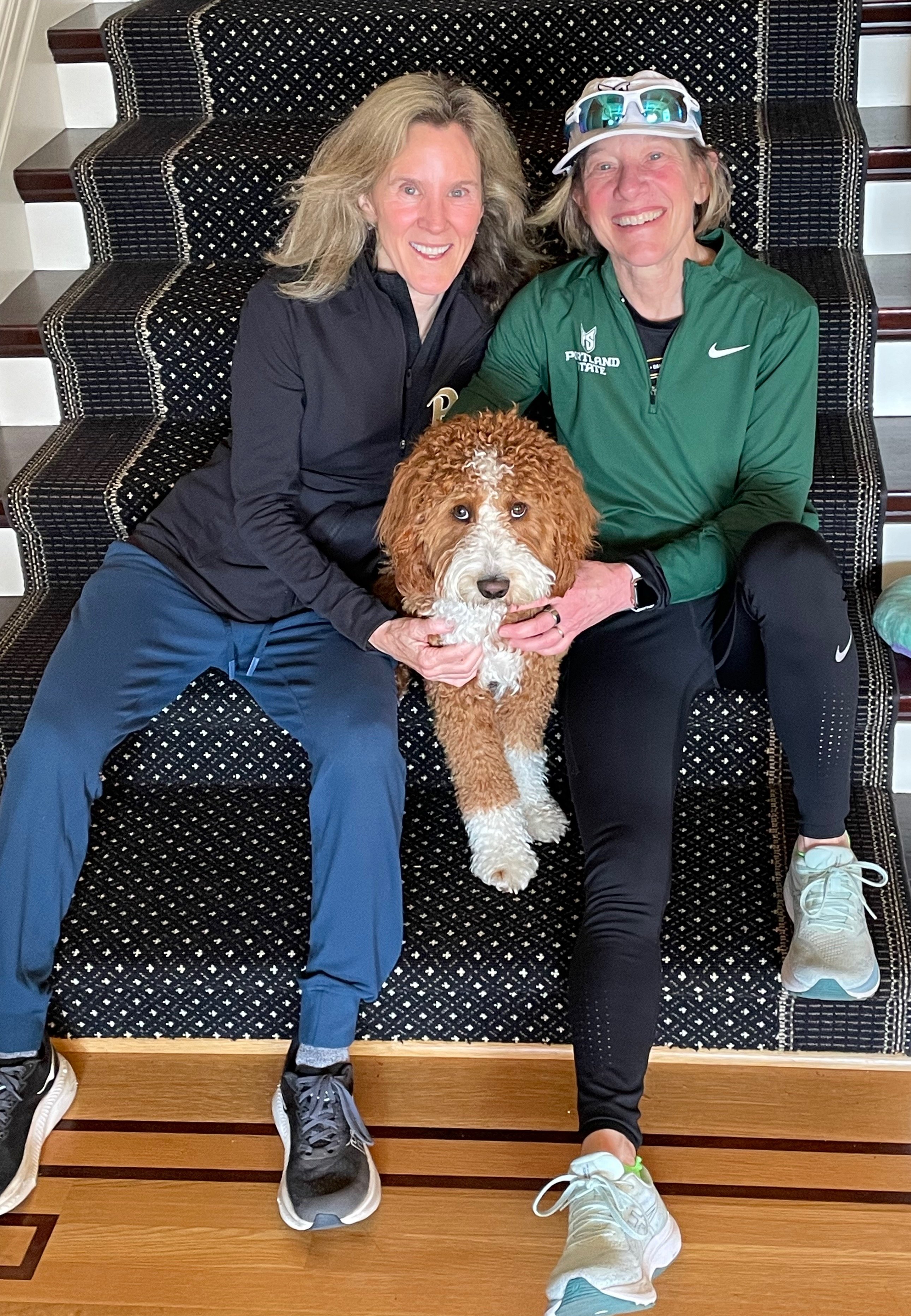From Rachel Toor
On Wednesday, I sat in the dentist chair and listened to yet another congressional hearing on “antisemitism” on three campuses “beyond the Ivy League.” I’ll leave it to you to wonder which part of that experience inflicted more pain.
It was a good reminder that no matter how good the reporting, nothing can stand in for witnessing events with one’s own eyes and ears. News stories are unlikely to point out the fact that many of our elected officials are unable—and I mean this literally—to read. And who knew that of all those little colleges in Pennsylvania, Haverford would be the hardest to pronounce?
This gap between mediated and direct experience becomes even more critical in our current landscape. Living in an age of deepfakes, AI-generated everything, and public servants lying their faces off not always being entirely truthful, the work of serious journalism has never been more essential. And our sector has never been more in the national news and under attack.
Reporters and editors are covering minute-by-minute executive orders, lawsuits, protests, federal and state bills, budget changes, the dismantling of all that is good and holy, and often, for some strange reason, things coming from D.C. just happen to occur at the end of the workweek.
Even with little sleep and not enough pay, our newsroom is running on adrenaline and talent. Inside Higher Ed is staffed by warriors who ferret out facts and do so with integrity and passion.
But, as wise and witty Oscar Wilde quipped, “The truth is rarely pure and never simple.”
To keep our readers informed of everything that’s happening across higher education, we often rely on trusted sources of local reporting for our Quick Takes rather than doing the kind of deep research and reporting you know to expect in our stories.
What I’ve learned from confidential conversations with presidents is that when something has been reported—especially about a personnel matter—even those who should know better (like me) often assume we understand what happened and must work to remember we’re not getting the whole story.
Rarely pure. Never simple. As you’ll see from the president who writes for us today.



